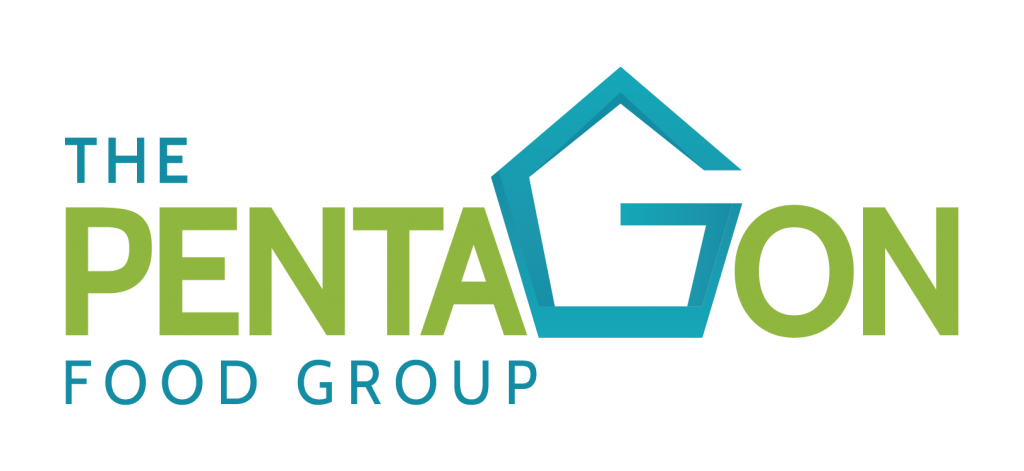Choosing the right POS system is essential for a restaurant’s success because it serves as the backbone of your operations. A well-chosen POS system can streamline everything from taking orders to managing payments, reducing errors, and improving customer service. In today’s modern restaurant environment, a good POS system not only impacts daily tasks but also enhances the overall customer experience by speeding up service and ensuring accuracy. It plays a vital role in simplifying operations, managing inventory, and providing data insights that can help optimise your business. This blog will highlight the key features to consider when selecting a POS system for your restaurant, ensuring it supports your needs and future growth.
What is Restaurant POS System
A Restaurant POS (Point of Sale) System is a software and hardware solution used to manage various aspects of a restaurant’s operations, including taking orders, processing payments, managing inventory, and generating sales reports. It acts as the central hub for front-of-house activities like placing orders and back-of-house tasks such as tracking stock levels and monitoring kitchen operations. Modern POS systems also offer additional features like mobile ordering, cloud-based access, and integrations with other tools, helping restaurants improve service speed, accuracy, and overall efficiency.
1. Ease of Use
A restaurant’s POS system must be user-friendly to ensure that staff can use it with minimal training. An intuitive interface allows your employees to quickly learn how to take orders, process payments, and manage the system without making mistakes. This reduces training time and cuts down on operational errors. The system should also be accessible for both the front-of-house staff and back-of-house operations. Easy navigation is vital for servers to take orders smoothly, and for kitchen staff to receive and process them accurately. A simple, well-organised POS system enhances overall efficiency.
2. Order Management
A key feature of any restaurant POS system is its ability to manage orders efficiently. Whether your restaurant handles dine-in, takeaway, or delivery, the POS must process orders quickly and accurately. Delays in taking or transmitting orders can negatively impact customer satisfaction. A good POS system helps streamline order-taking, ensuring that customers receive their meals promptly. Additionally, a strong table management feature allows your staff to keep track of table status and customer preferences. This improves customer service and helps ensure that tables are turned over quickly, boosting revenue.
3. How to Integrate inventory management with POS Systems
Integration is crucial for a restaurant POS system to function seamlessly with other tools. One important integration is with inventory management. A POS system that tracks stock levels in real-time helps you avoid running out of key ingredients and prevents over-ordering. This ensures you always have the right amount of stock on hand and can manage food costs efficiently. Your POS should also integrate with payment gateways, enabling secure and fast transactions. Additionally, syncing with accounting software saves you time and effort, reducing the need for manual data entry and ensuring accurate bookkeeping.
4. Data Reporting and Analytics
Data reporting is another essential feature of a modern POS system. Access to real-time sales data allows you to monitor performance instantly, helping you track which menu items are performing well and where improvements are needed. Detailed reports provide actionable insights that can assist in optimising your menu, reducing food waste, and controlling costs. Regular analysis of this data allows you to make informed business decisions, identify trends, and adapt to customer preferences, ensuring long-term growth and profitability.
5. Mobile and Cloud-Based Features
A cloud-based POS system offers flexibility and convenience. It is best cloud-based POS for small restaurants. With remote access, you can manage your restaurant from anywhere, keeping an eye on sales, inventory, and staff performance even when you’re not on-site. This is especially useful for restaurant owners who operate multiple locations. Additionally, mobile ordering features allow staff to take orders using mobile devices such as tablets, speeding up service and reducing wait times for customers. These mobile features enhance efficiency, improving the overall dining experience and giving your restaurant a competitive edge.
6. Security Features
Security is a top concern for any restaurant POS system. Your POS must offer secure payment processing, ensuring that customer transactions are encrypted and safe from fraud. Data breaches can severely damage your restaurant’s reputation, so it’s crucial that sensitive customer information is protected. Moreover, your POS should include automatic data backups to prevent loss of critical information. Fraud prevention tools, such as employee tracking and transaction monitoring, can help safeguard your restaurant from internal and external threats. Compliance with data protection laws, such as GDPR, is also important to ensure that your POS meets regulatory standards.
7. Scalability and Customisation
As your restaurant grows, your POS system should be able to scale with it. Whether you plan to open new locations, expand your menu, or offer new services like delivery, your POS needs to adapt without causing disruptions. Choosing a scalable system ensures you can handle increased demand without needing to switch to a new platform. Additionally, customisation options are key for tailoring the POS system to your restaurant’s specific needs. A flexible POS allows you to add features, modify workflows, and integrate tools that suit your unique operations, helping you run your restaurant more efficiently and effectively.
Conclusion:
In conclusion, selecting the right POS system for your restaurant is important for smooth operations and long-term success. The seven key features play a significant role in improving service speed, managing inventory, processing secure payments, and adapting to future growth. Restaurant owners should carefully evaluate their POS options to ensure they choose a system that fits their needs and enhances overall efficiency.






